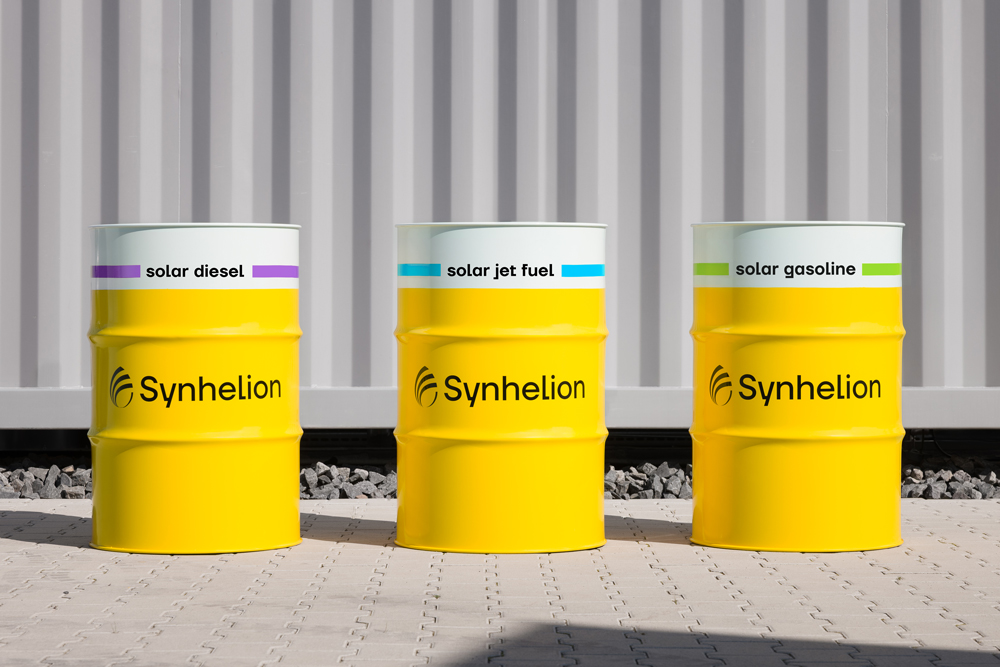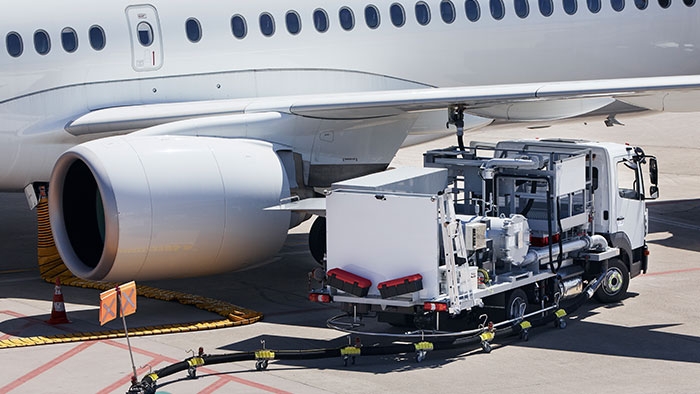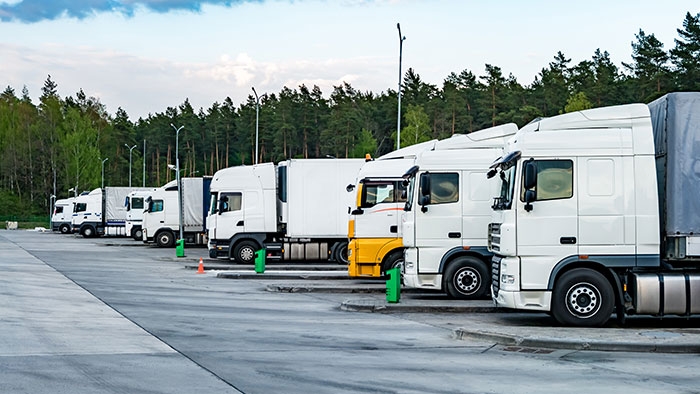The clean alternative to fossil fuels
Sustainable fuels made of solar energy
Solar fuels are synthetic drop-in fuels produced from solar energy. They are the most economically viable, efficient, scalable, and environmentally friendly solution for clean, long-distance transportation. A cutting-edge technology that offers a sustainable alternative to fossil fuels.

Our products
Synhelion produces solar fuels to defossilize the transportation sector. We produce solar jet fuel, diesel, and gasoline. Solar fuels are synthetically produced fuels designed to mimic the chemical and physical properties of fossil fuels. They are drop-in compatible with today’s engines and fuel infrastructure. This means that they can be blended with fossil-derived fuels or used in their pure form in conventional aircraft, ships, trucks, and cars.
Why solar fuels?

Compatible
Solar fuels have the same chemical structure as fossil fuels. They are fully compatible with the global fuel infrastructure. There is no need to adapt or refit combustion engines, refineries, fuel distribution, or filling stations.

Affordable
Solar fuels are the most economical way for producing sustainable synthetic fuels. It is our goal to reach production costs below EUR 1 per liter.

Versatile
Jet fuel for planes, gasoline for cars, marine fuel for ships, and diesel for trucks – Synhelion technology yields any type of fuel. Solar fuels can replace fossil fuels in all application areas.

Scalable
We use the power of the sun because it is one of the cheapest renewable energy sources. It is abundant and well distributed around the world. Solar fuels are scalable to cover global fuel demand.

Eco-friendly
The entire life cycle of solar fuels is based on environmentally-friendly principles. The fuels are produced with renewable energy and emit not only less CO2 but also less noxious gases than conventional fuels.

Storable
Liquid fuels have a very high energy density. They can be transported and stored for a long time without compromising their quality. A winning combination of two non-negotiables for many fuel-consuming industries.

Independent
Ideal conditions to produce solar fuels can be found on any continent. The independence from fossil resources results in greater autonomy. Shorter transportation routes are another key asset.

Circular
Our solar fuels close the fuel carbon cycle. They only release as much CO2 into the atmosphere as was used for their production.







